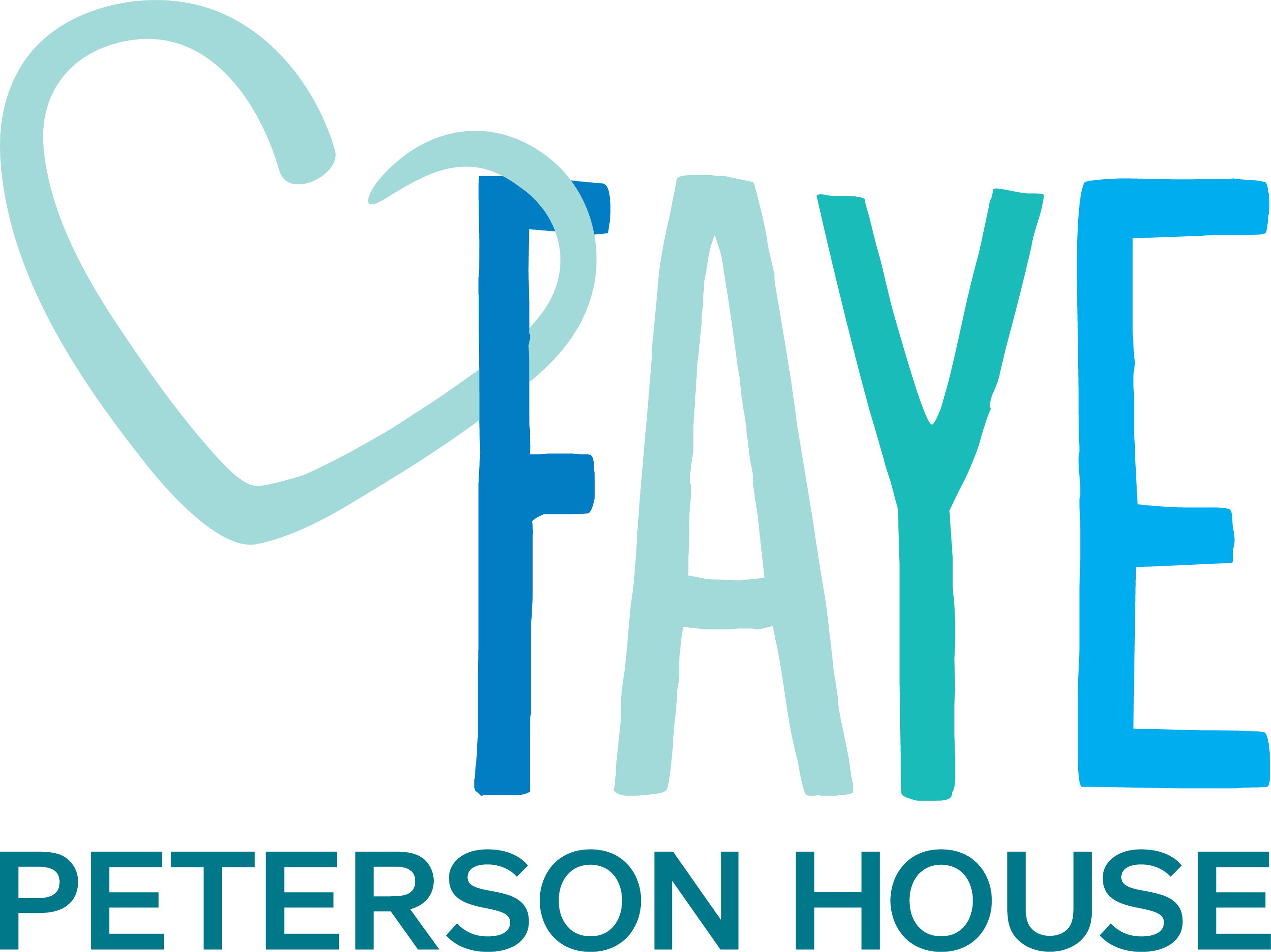
Family Court Support
A Free and Confidential Service Open to All Survivors Funded by the Ministry of the Attorney General
The Family Court Support Program is intended to provide assistance and support to survivors, who have experienced intimate partner (abuse/domestic) violence, and are currently involved in family court proceedings or are preparing to enter the court system. You are not alone. Family Court Workers are here to support and assist you.
Family Court Support Workers in Thunder Bay:
Please contact us if you would like to receive support, assistance or additional information on the program.
Beendigen Inc.
Becky
Faye Peterson House
Chloe Poulin
Tel#. 807-345-0450 (shelter) or 807-698-7415
email: cpoulin@fayepeterson.org
Our Services Include…
- Providing information about the family court process in matters like custody, access, restraining orders, divorce, child and spousal support.
- Assist in documenting the history of abuse for court purposes.
- Assist survivors with safety planning and risk assessments.
- May assist survivors with safety planning related to court attendances and accompany clients to court proceedings. Assist women with lawyer referrals and the legal aid process.
- Debrief and discuss court outcomes, lawyer appointments, Family Law Information Centre meetings, consultations with duty counsel and other steps in the court process.
- Communicate and advocate with other family court based services and criminal court based services.
- May provide survivors with a needs assessment and assist to increase their access to specialized services and supports.
Separation or divorce is a difficult and often overwhelming experience. It is usually a survivor’s first contact with the family court system. When someone leaves an abusive relationship the process of separation or divorce is more complicated and the risk of violence increases.
What Is Intimate Partner Violence?
Intimate partner violence is any act of violence, coercion or control that results in or is likely to result in physical, sexual, psychological, emotional or financial harm or sufferingtowards a current or former intimate partner.
What Is Domestic Violence?
Domestic Violence refers to violence that occurs between any two parties who live in the same household. This can include family members, children, parents, siblings, or roommates.
The purpose of the violence is to induce fear, intimidation, humiliation and control through verbal, non-verbal and physical means. Underlying all abuse is a power imbalance between the victim and the perpetrator. It is the intentional control of another person. Intimate Partner/Domestic Violence can occur during a relationship, during a relationship breakdown or after the relationship has ended.
Restraining Orders
You can apply for a restraining order when you fear for your safety. A restraining order is a family court order and its purpose is to prevent your partner from harassing you or your children. Anyone who breaches a restraining order can be charged under the criminal code and be held for a bail hearing in criminal court. If you obtain a restraining order, keep it with you at all times and give a copy to a family member, trusted friend or neighbour (Family Court Support Worker can also keep a copy for you). Call the police when the abuser violates the order.
Safety Planning
There are many questions survivors ask themselves when they leave an abusive relationship:
- How do I get away when there is an emergency?
- Where do I go when I leave? How do I keep my children safe?
- How do I stay safe in public and at work?
- How do I stay in touch with people who can help me?
- How can I protect my personal property?
When you leave an abusive relationship, it is important to take steps to protect yourself and your children from further abuse. The FCSW can help you to develop an individualized plan to reduce the risk of future abuse. This safety plan includes ways to reduce the risk of physical violence or other harm caused by the abuser.
Safety plans also include strategies to maintain basic human needs such as income, housing, health care and food. Since every survivor’s situation is unique, there is no one safety plan that fits all situations. Safety plans should change as your situation changes. You will need to take different steps before leaving, after leaving and before or after the court process. The FCSW can help you to plan these steps.
Services for Men
Faye Peterson House offers the Caring Dads program for fathers at risk of harming their families/children. Please see the section “initiatives” on our website.
Please note that we do not serve cisgender men within the physical shelter, however transitional housing and support can be made available and referrals can be given.
